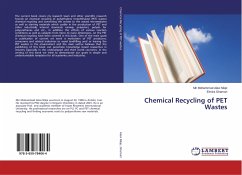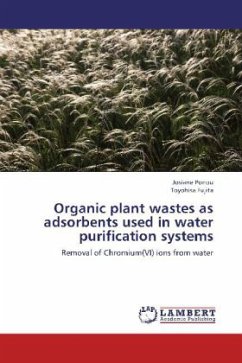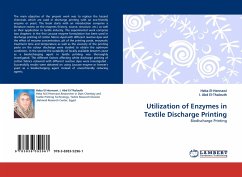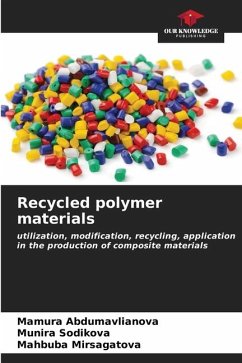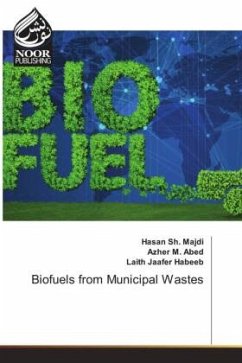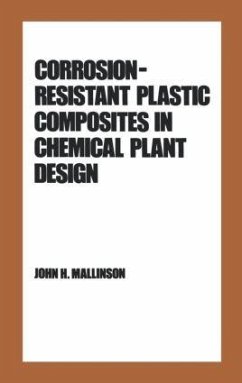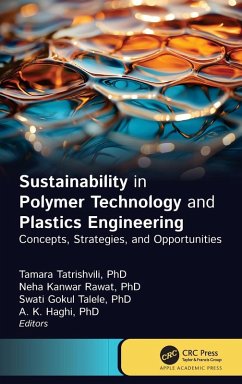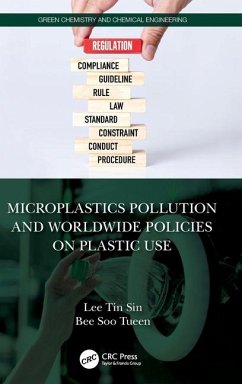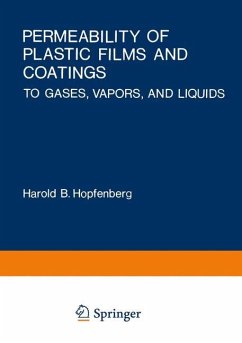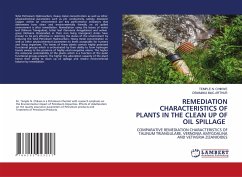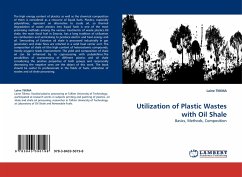
Utilization of Plastic Wastes with Oil Shale
Basics, Methods, Composition
Versandkostenfrei!
Versandfertig in 6-10 Tagen
32,99 €
inkl. MwSt.

PAYBACK Punkte
16 °P sammeln!
The high energy content of plastics as well as the chemical composition of them is considered as a resource of liquid fuels. Plastics, especially polyolefines, represent an alternative to crude oil, so thermal degradation of waste plastics into liquid fuels is one of the most promising methods among the various treatments of waste plastics.Oil shale, the main fossil fuel in Estonia, has a long tradition of utilization via combustion and semicoking to produce electric and heat energy and oil. Semicoking of Estonian oil shale is processed industrially in gas generators and shale fines are retort...
The high energy content of plastics as well as the chemical composition of them is considered as a resource of liquid fuels. Plastics, especially polyolefines, represent an alternative to crude oil, so thermal degradation of waste plastics into liquid fuels is one of the most promising methods among the various treatments of waste plastics.Oil shale, the main fossil fuel in Estonia, has a long tradition of utilization via combustion and semicoking to produce electric and heat energy and oil. Semicoking of Estonian oil shale is processed industrially in gas generators and shale fines are retorted in a solid heat carrier unit. The composition of shale oil (the high content of heteroatomic compounds, mostly oxygen) needs improvement. The yield and composition of shale oil can be enhanced by its coprocessing with polyolefines.The possibilities of coprocessing of different plastics and oil shale considering the positive properties of both groups and reciprocally decreasing the negative ones are the object of this work. The book should be useful to professionals in the fields of fuels, utilization of wastes and oil shale processing.



